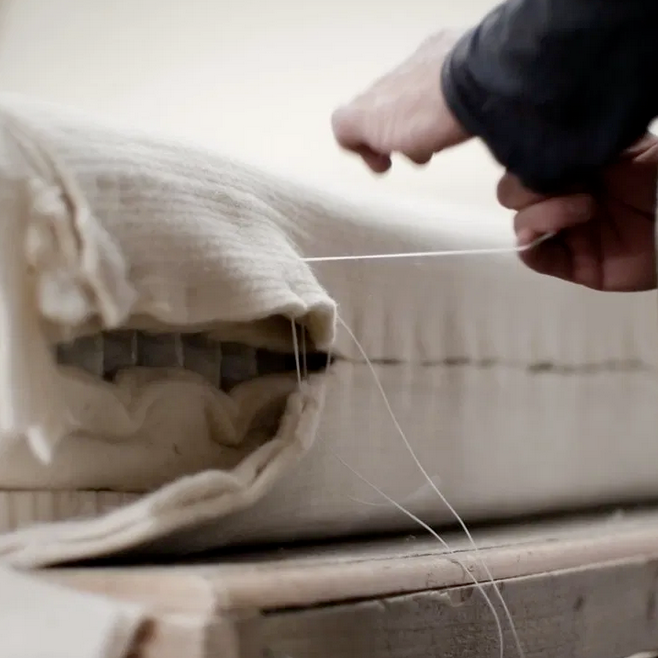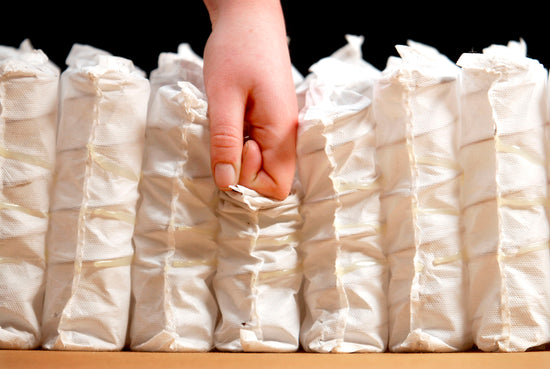We live in a society where everyday products come from ….. well, where do they come from? If you were asked where your sofa or your kitchen table or your carpet was made, and how, would you know? And is it important?
As someone who is perennially curious, the first thing I do when I meet someone is to try and find out more about them. It’s great to find out where they’re from, how many children they have, whether they’re married or not … and so on and so on. In other words I’m trying to tap into the story of their lives. It’s what gives us a connection to each other and enables us to set a context for the new relationship.
Brands work in a similar way, they have a story, a provenance, that lets us decide whether we want to be a purchaser or not. The word provenance came originally from the French word ‘provenir’ which means ‘to come forth’ or ‘originate’, and was mostly used by art historians and antique dealers. But now the use of the word has spread, and I am always proud to be able to tell an Abaca customer that I know the provenance of each and every material that goes in to their bed or mattress.
So why is provenance is important? Why does it matter that you know what materials were used, where they came from, and where and how and by whom your mattress or sofa or kitchen table were made? In thirty odd years of dealing with people I am convinced that our customers value authenticity above all else. Being authentic means that there is a real connection between the seller and the buyer, it’s shorthand for quality, commitment and transparency.
Making things, especially in the organic sector, is a lesson in provenance and authenticity. It’s a continuing story between the farmer, the manufacturer and the customer. Each of us along the way have added our tale, and are proud to be able to say, ‘Made from …’ ‘Made for ….’ and ‘Made by …’





